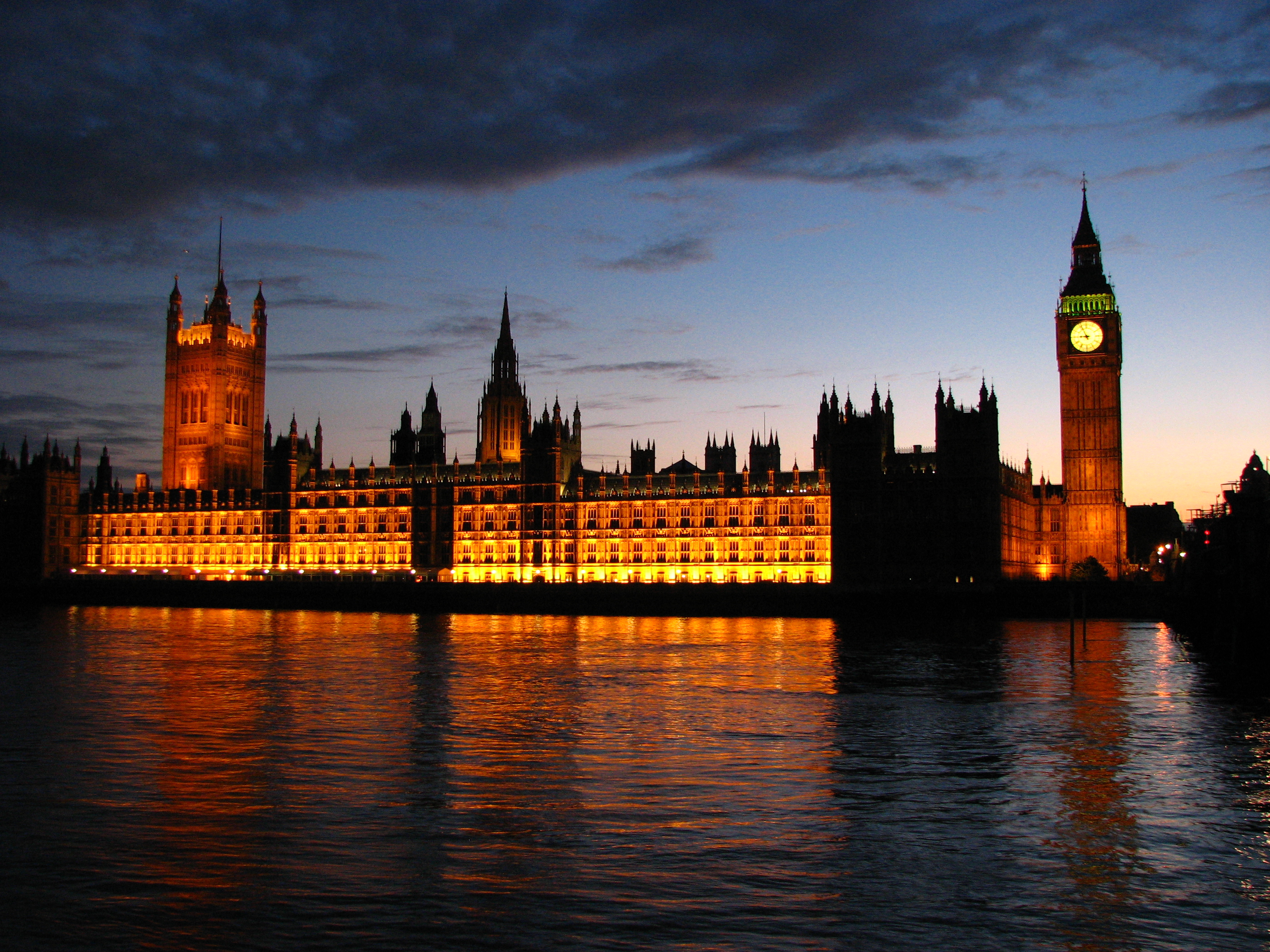Rather than empowering the electorate, argue Ben Wellings and Emma Vines, the EU referendum measures passed by Parliament reveal the triumph of populist politics.
The Eurozone crisis framed European politics from 2010 onwards, but beyond Brussels, older challenges to European integration gathered strength. One such challenge was the intensification of populist politics, opposed to further European integration. This was especially so in the UK, where ‘The People’ were directly pitted against further European integration.
Unexpectedly, the Conservative Party has, in recent years, done the most to formally embed populism within the British political system. Even before David Cameron’s 2013 referendum pledge, the future direction of UK-EU relations under the coalition government was clear from the outset, with the Coalition Programme (2010) ruling out any further transfers of power. This promise led to the passing of the EU Act (2011), which saw populism inadvertently written into English law by introducing the novel device of a ‘referendum lock’. The result was that, thanks to the Act, the people, not Parliament, were now the final guarantor of British sovereignty.
The passing of the Act was surprising, given that the Conservative Party has been perhaps the foremost defender of representative democracy over the past two centuries. However, the move seems less radical if we consider referendums as devices used to preserve the status quo. In this light, the limitations of the populism enshrined by the Act were clear. Its true intention was not the empowerment of the people, but instead, halting European integration given the Eurosceptic tenor of the electorate. Despite this underlying, conservative purpose, however, the Act did represent a significant shift within a political system firmly based upon the principle of Burkean representation. On paper, at least, the electorate had the final say on Britain’s future involvement in European integration.
While the EU Act was a circumscribed extension of popular sovereignty, the decision to hold an ‘in-out referendum’ was far more radical. Despite the rhetoric of the Coalition Government, referendums are not always about reconnecting the electorate with the political process. The 1975 referendum, for example, was initiated, not because Harold Wilson felt any true obligation to secure popular approval, but because he faced dissension within his Party. Similarly, the introduction of a bill by Conservative backbencher David Nuttall in October 2011, which called for a referendum on EU membership, came as Cameron’s veto of the Eurozone bailout had failed to quieten backbench dissent.
 Even before the debate, many believed the bill had little chance of success and the imposition of a three-line whip made its passing even more unlikely. However, 81 Conservative MPs defied the whip and the debate showed there were many who felt the denial of a free and popular vote was a clear failure of democracy. Such sentiment, although driven in large part by a belief that a referendum was the best means of achieving British withdrawal, also revealed that many considered the European issue to be inexorably linked with questions related to popular sovereignty: the people had to have the final say.
Even before the debate, many believed the bill had little chance of success and the imposition of a three-line whip made its passing even more unlikely. However, 81 Conservative MPs defied the whip and the debate showed there were many who felt the denial of a free and popular vote was a clear failure of democracy. Such sentiment, although driven in large part by a belief that a referendum was the best means of achieving British withdrawal, also revealed that many considered the European issue to be inexorably linked with questions related to popular sovereignty: the people had to have the final say.
At this stage, populist Euroscepticism was given an enormous boost by the success of the UK Independence Party. Although UKIP then held no seats in Westminster, it was attracting some of Britain’s most disenchanted and alienated voters. Their anti-establishment rhetoric, an essential part of their Euroscepticism, found a very receptive audience. The major parties were suddenly confronted by the possibility of voters defecting to a minor party. A Eurosceptic party was thus in a position to exert pressure on the coalition and with the EU Act failing to satisfy Conservative Eurosceptics, Cameron was forced towards a referendum.
Cameron’s promise to hold a referendum symbolised a far more radical shift in British politics than the EU Act. Not only was his announcement a response to persistent and growing dissension within his party, it was, more importantly, a reaction to external pressure. With UKIP’s success built upon populism, the government needed to appear to be in touch with the opinions and concerns of the people. That populist politics had such an effect on the direction of government policy exposed just how significant this shift within British politics was. A party whose support was built upon anti-politics and populism threatened Britain’s two-and-a-half-party system and major parties could no longer be seen to be clinging to notions of Burkean representation alone.
This fusion of popular and parliamentary sovereignty within Britain has, alongside the intensification of populist politics, become increasingly clear since 2010. With the Conservative leadership shifting its response to Eurosceptic threats away from strategies solely concerned with party management, the unintended consequence of this shift was a structural change in British politics.
In seeking to strengthen Westminster’s powers through both the EU Act and a referendum promise, the Conservatives have in fact undermined the very principle of parliamentary sovereignty they had hoped to protect. The breakthrough of populist politics says a great deal about the health of British democracy. Rather than being a sign of the reinvigoration of the relationship between state and citizen, the reactive referendum measures now enshrined in English law and British politics are symptoms of its malaise.
This post is based on ‘Populism and Sovereignty: the EU Act and the In-Out Referendum, 2010-15’, Parliamentary Affairs, 2015, doi: 10.1093/pa/gsv045
Note: This article gives the views of the author, and not the position of BrexitVote blog, nor of the London School of Economics and Political Science. Featured image: CC0 Public Domain
Shortened URL for this post: http://wp.me/p6zUkq-4I
 Ben Wellings is deputy-director of the Monash European and EU Centre and Lecturer in Politics and International Relations at Monash University in Melbourne, Australia.
Ben Wellings is deputy-director of the Monash European and EU Centre and Lecturer in Politics and International Relations at Monash University in Melbourne, Australia.
 Emma Vines is a doctoral candidate at the Institute for Governance and Policy Analysis, University of Canberra, Australia.
Emma Vines is a doctoral candidate at the Institute for Governance and Policy Analysis, University of Canberra, Australia.







3 Comments